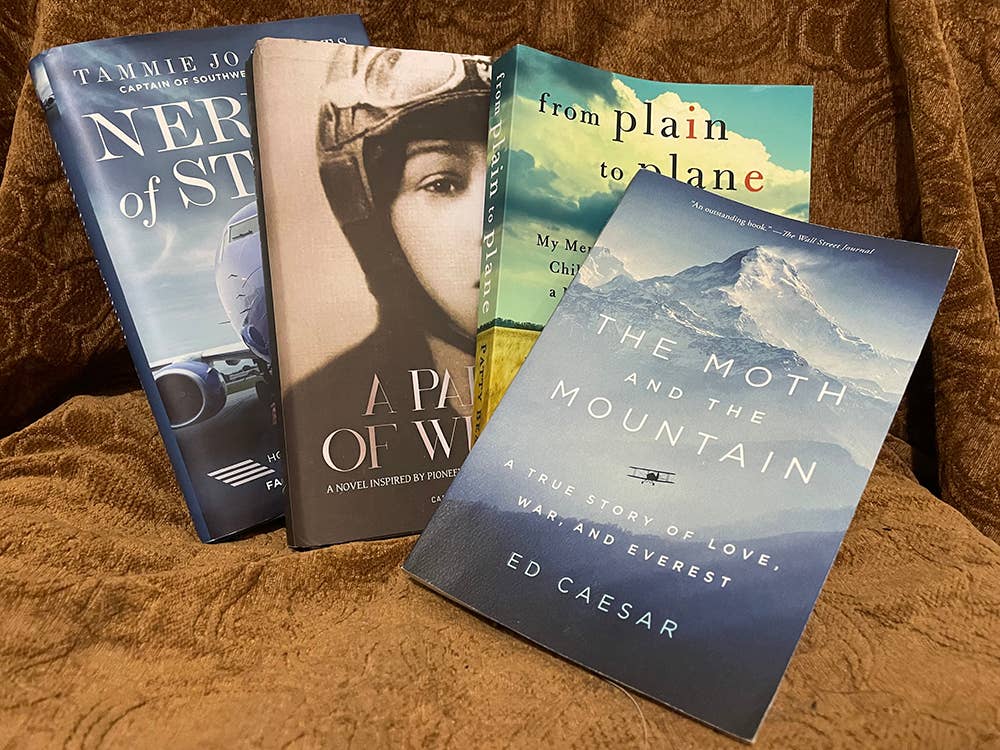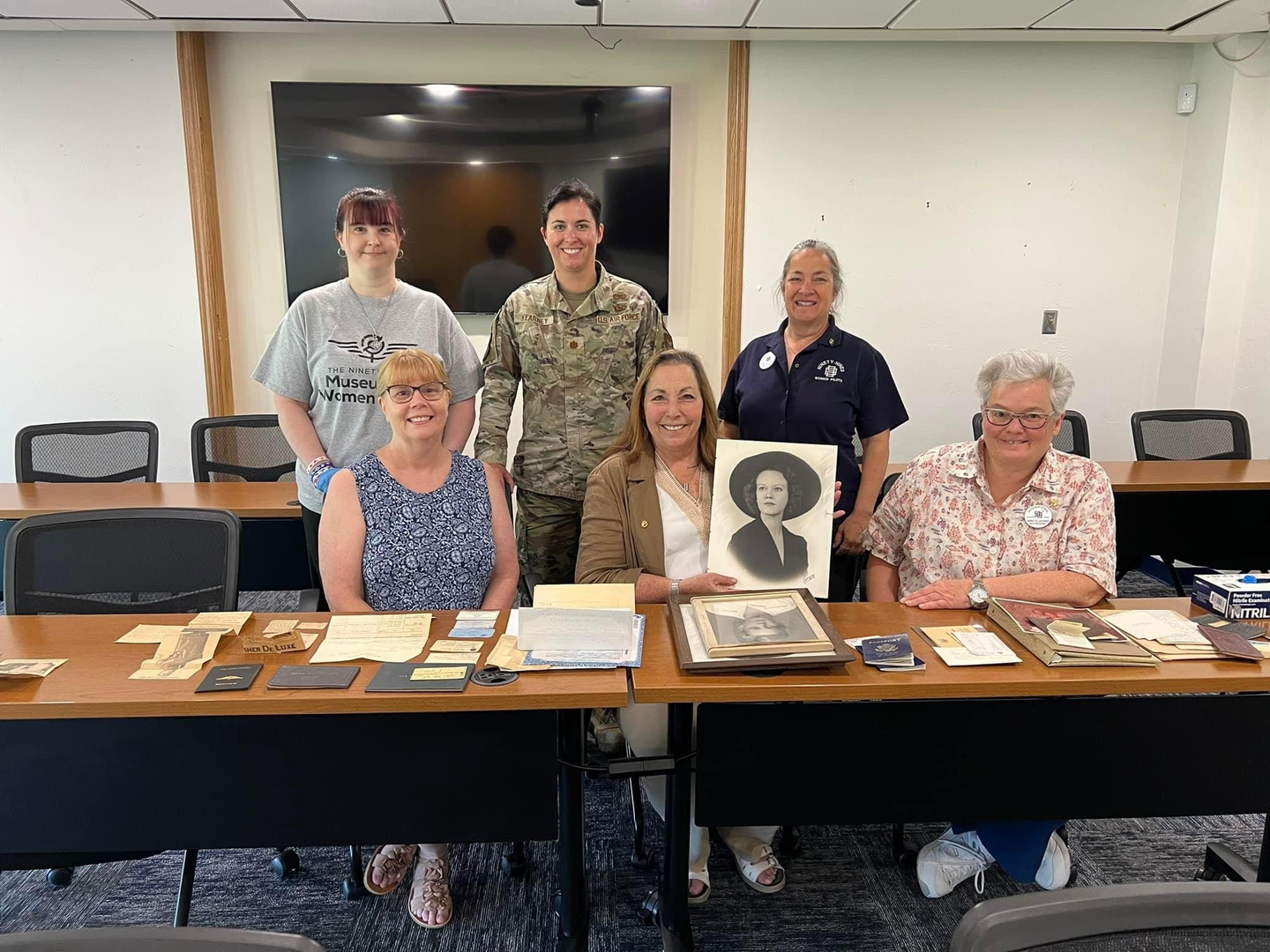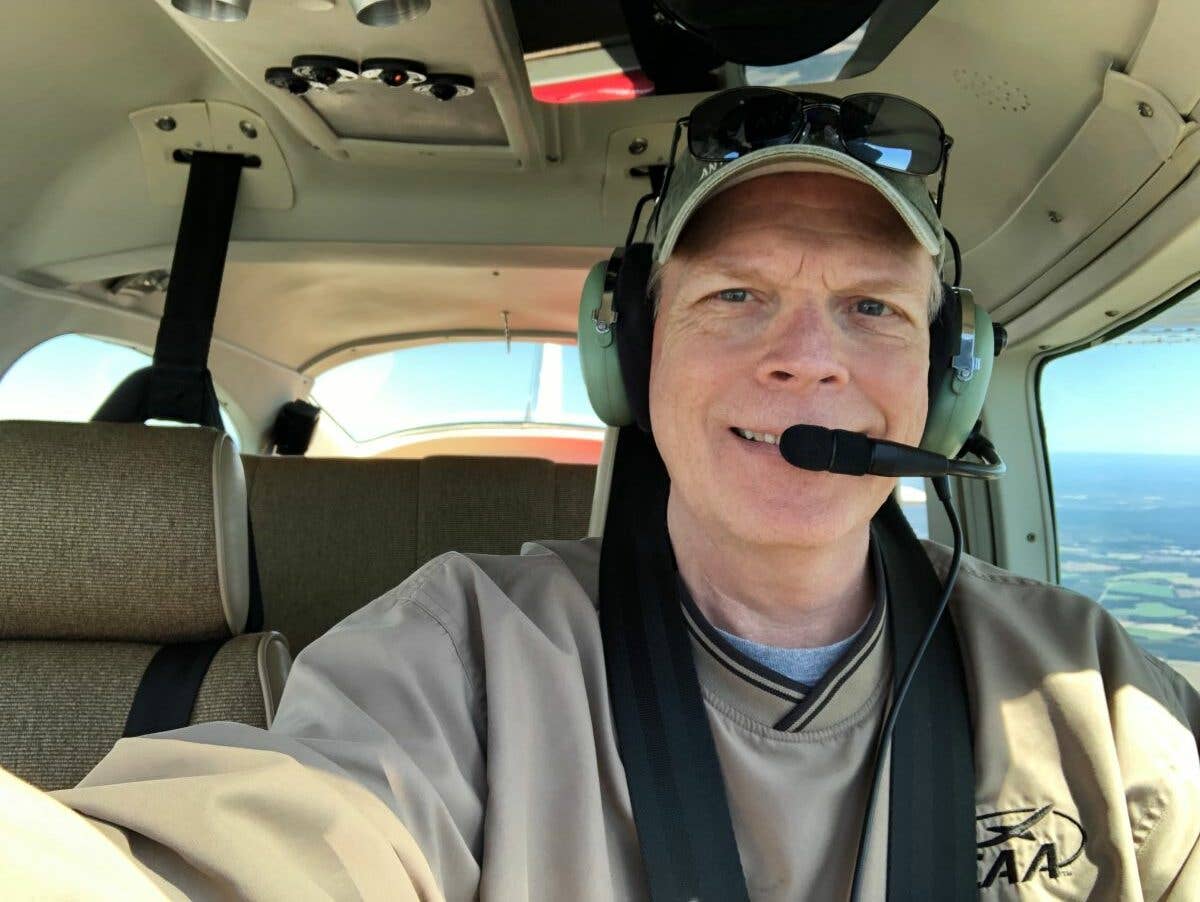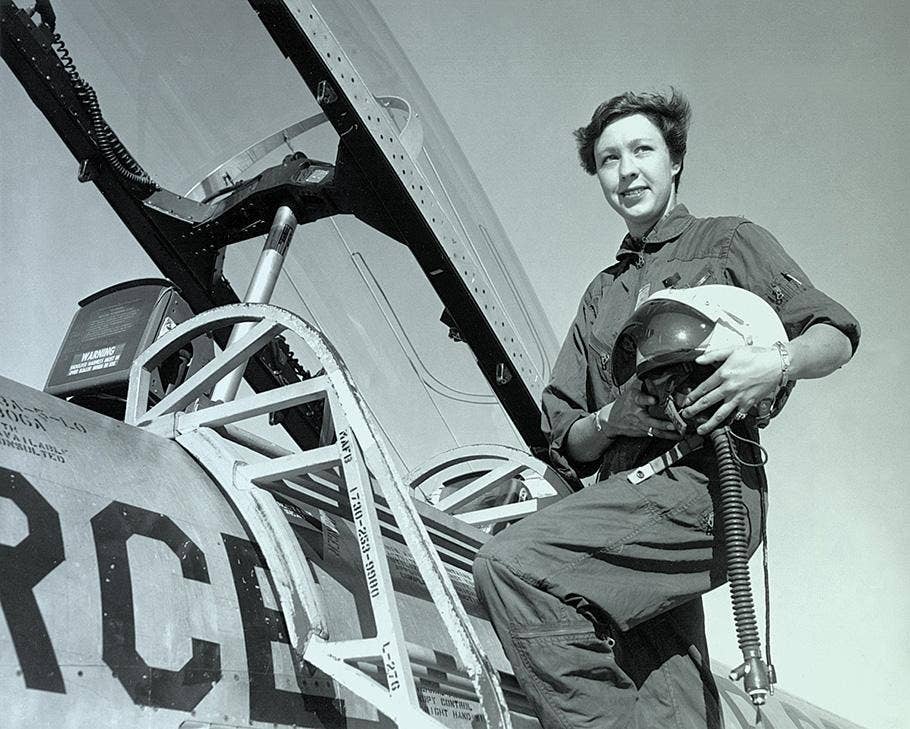Four Good Flying Reads About Perseverance
A quartet of good aviation books resonated with FLYING’s editor-in-chief.

A quartet of books that FLYING Editor-in-Chief Julie Boatman says tell stories of pilot journeys that everyone should read. [Courtesy: Julie Boatman]
We turn to books to dive deeply into stories—and few compel me more than those shared by or about pilots, recalling their paths to the sky, and their flying adventures.
While not all of them were released in 2021, four books drew me in this year during my literary wanderings. The common theme? They each related a pilot’s journey that was vastly different from my own, with quests, accomplishments—and disappointments—that led me to understand the nature of perseverance a little bit better.
Each delivered insights that I found valuable, and I’d like to share them with you.
Much like Captain Sully’s famous touchdown on the Hudson, if you think you know the story of Southwest Captain Tammy Jo Shults because of the intense media coverage following her crew’s save of Flight 1390, you may be surprised.
It’s not just the insights that Shults shares about that fateful day—when an uncontained failure of the left engine (a CFM56-7B) on the Boeing 737-7H4 propelled her into the limelight—that gives Nerves of Steel its total value. Like so many journeys to becoming an airline captain, it’s the years of effort along the way that make the story resonate.
Shults entered the U.S. Navy with the desire to become a pilot, but she accepted her commission in 1985 when a combat exclusion remained in place for women. She navigated the next eight years until 1993, when she was one of a select group of pilots waiting to accept combat duty for the first time.
Her perseverance helped form the foundation for her character—and forged the person who was sitting in the left seat of that Southwest 737, the person who could lead the crew and passengers to a safe conclusion.
For as much as I’ve read on the subject of aviation’s early days—and the various expeditions to summit Chomolungma, also known as Mt. Everest—I’d never heard of Maurice Wilson before I picked up The Moth and the Mountain.
“Have you read a great aviation book that's not on Julie's list? Tell her about it by sending an email to julie@flying.media.”
To greatly simplify the plot, in 1933, just weeks after learning to fly, Wilson set off in a DH60.G “Gipsy” Moth from England to fly to the base of Everest and summit the great massif—solo. The truly crazy part? He almost accomplished that feat.
I’m not going to give away the story and its punchline, but Caesar manages to relate both Wilson’s aviation journeys and his mountaineering ones with great care and balanced reporting. It’s a fascinating read, with insight into both historic aviation circles in London in the 1930s, as well as the geopolitics across his route to the mountain.
And, like Shults’ story, Wilson’s serves up another helping of perseverance—but with a dash of folly.
For a bevy of reasons, when I moved back to the U.S. in 2019, I re-established my residence in Maryland, not far from the Pennsylvania border. We’re surrounded by families farming and practicing a range of faiths from Mennonite to Church of the Brethren—the “Plain People” who lead lives that feel much removed from the technology-driven aviation world I write about.
Author Patty Bear grew up about 50 miles to the north, in central Pennsylvania, in a Mennonite family. How she made the leap from those fields to the U.S. Air Force Academy and the left seat of a KC-135—and then to the Boeing 777 from which she just retired—takes a few turns that I didn’t expect. Bear’s use of language is evocative and powerful as she opens up on the pages.
As it turns out, Bear bridged the gap between her life as a child of the Plain People and as an airline captain by pursuing cross-country and distance running in high school—and then took that focus into a Piper Cherokee for her first flight lessons.
Yes, that perseverance saw her through from the ground and into the skies for life.
To meet Carole Hopson is to step into the circle of joy and purpose that she radiates. Hopson—a first officer for United Airlines—and I have crossed paths in the aviation world many times, and she often talked about her passion project, tracing the life of pioneering Black aviator Bessie Coleman. Biographers know that doing justice to the stories we’re called upon to tell takes time—a lot more time that you might think. A Pair of Wings is the product of that deep research and commitment.
Hopson, a former journalist, wanted to tell Bessie’s story in a way that hadn’t been done before, as a historical novel. When she made the choice to do so, she enabled the pilot’s story to come to life in a magical and compelling way. She also laid bare what Coleman faced. Perhaps you’ve heard how the young woman couldn’t take flying lessons in the U.S. because of her skin color—so she went to France to find a way?
There’s so much more to it than that. Hopson registers the determination, the highs and lows, and the ugly truths to Coleman’s journey.
It’s a tale of perseverance we can all learn from, indeed.
More to Come
For 2022, I’m kicking off a series in which I’ll periodically share the best of what I’ve read. Not just novels and biographies, but also training references and other nonfiction tools I’ve looked to and that you may find useful.
Send me your ideas at: julie@flying.media

Sign-up for newsletters & special offers!
Get the latest FLYING stories & special offers delivered directly to your inbox






